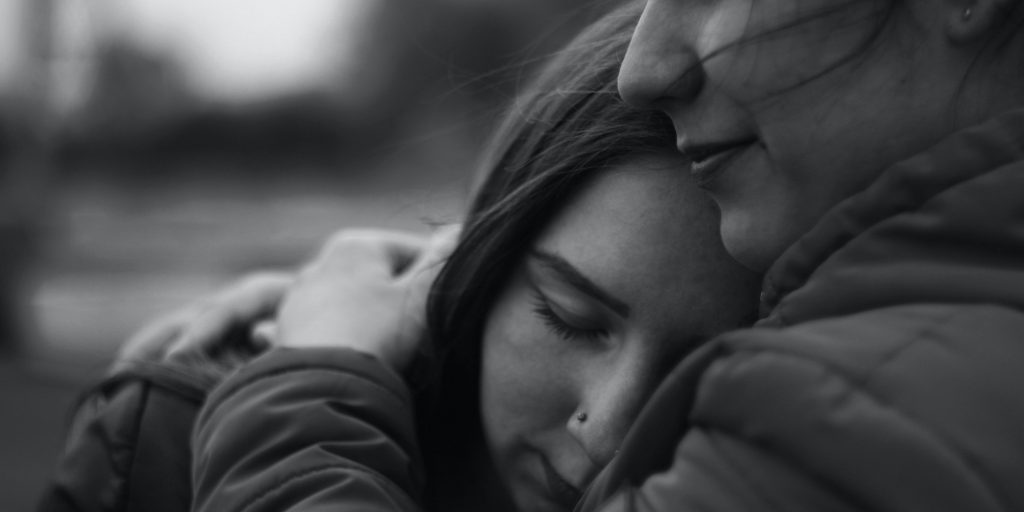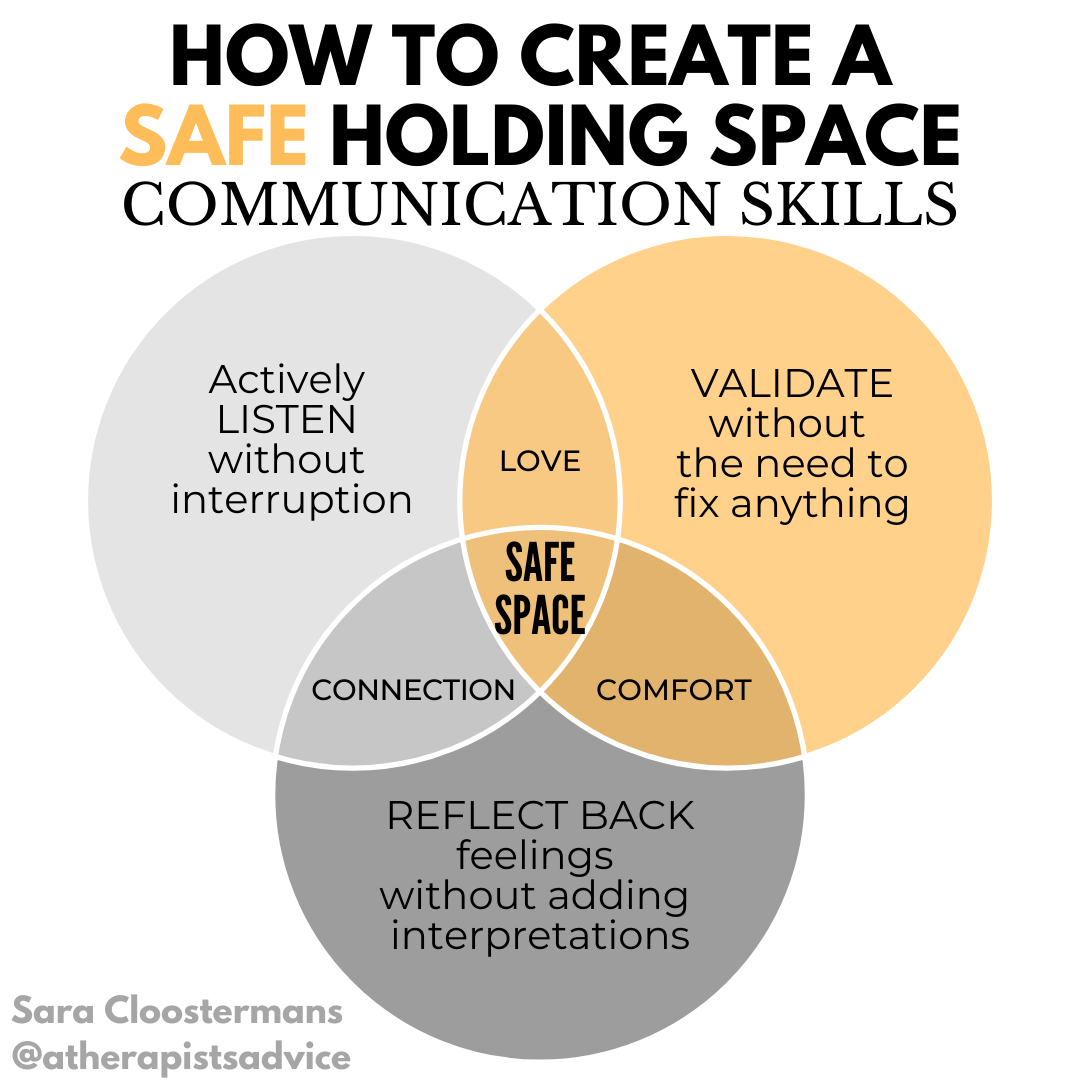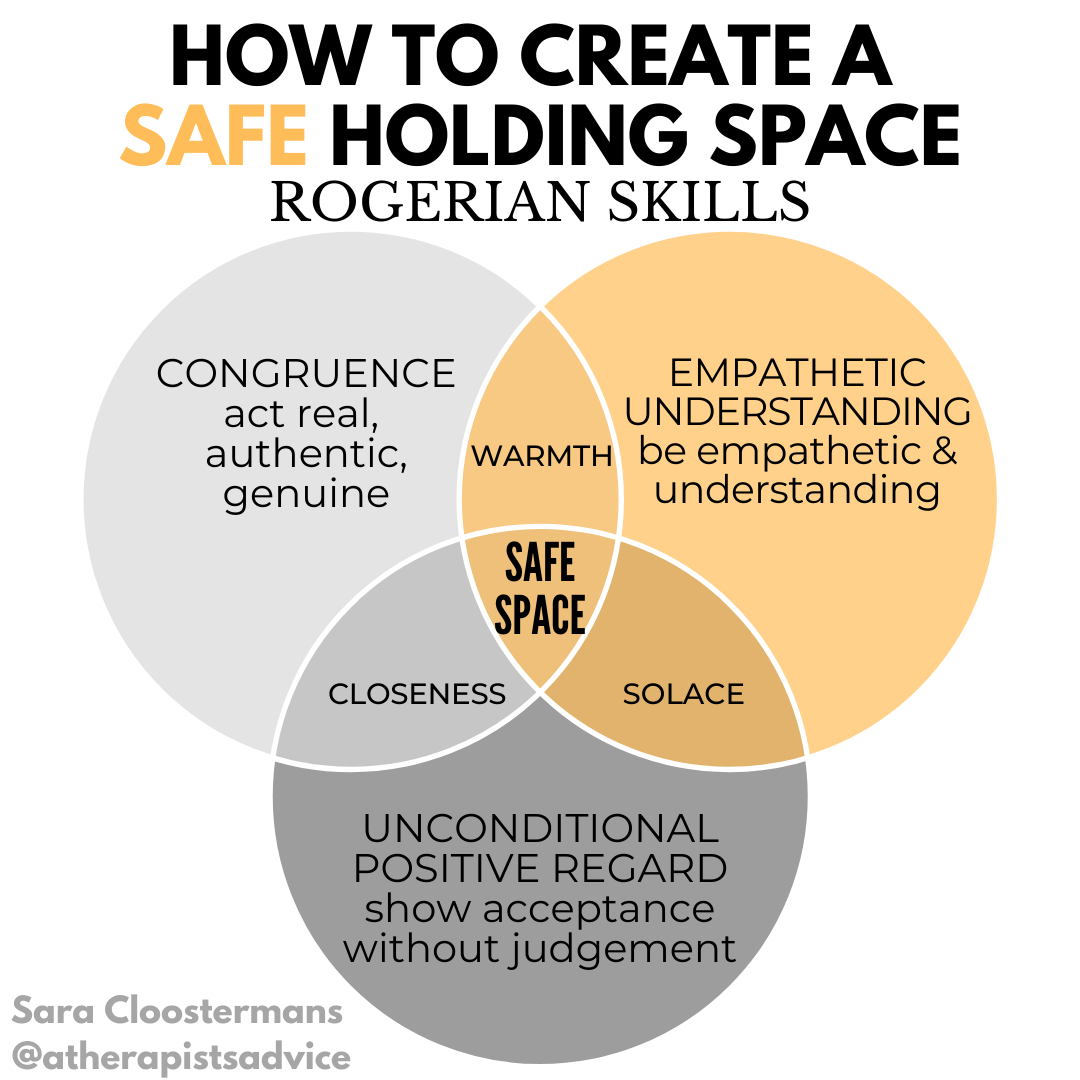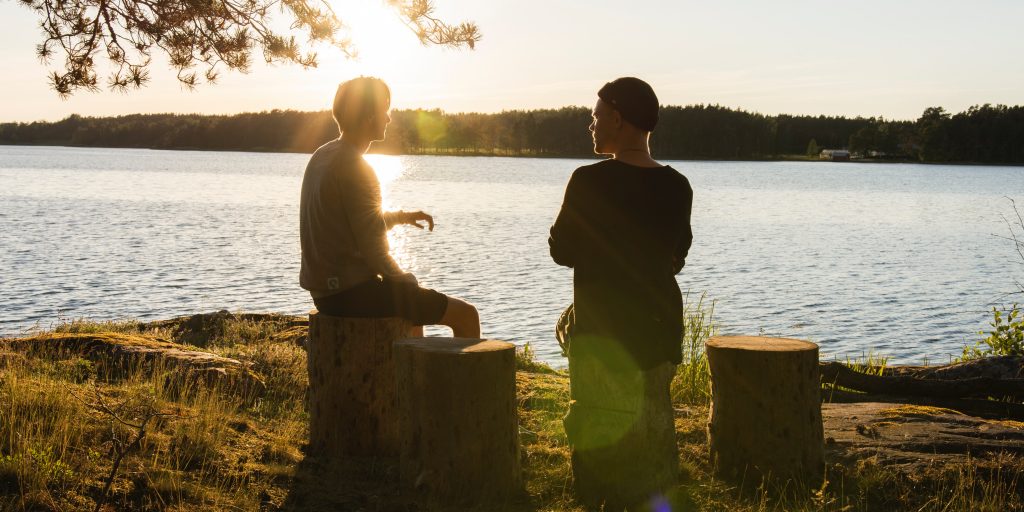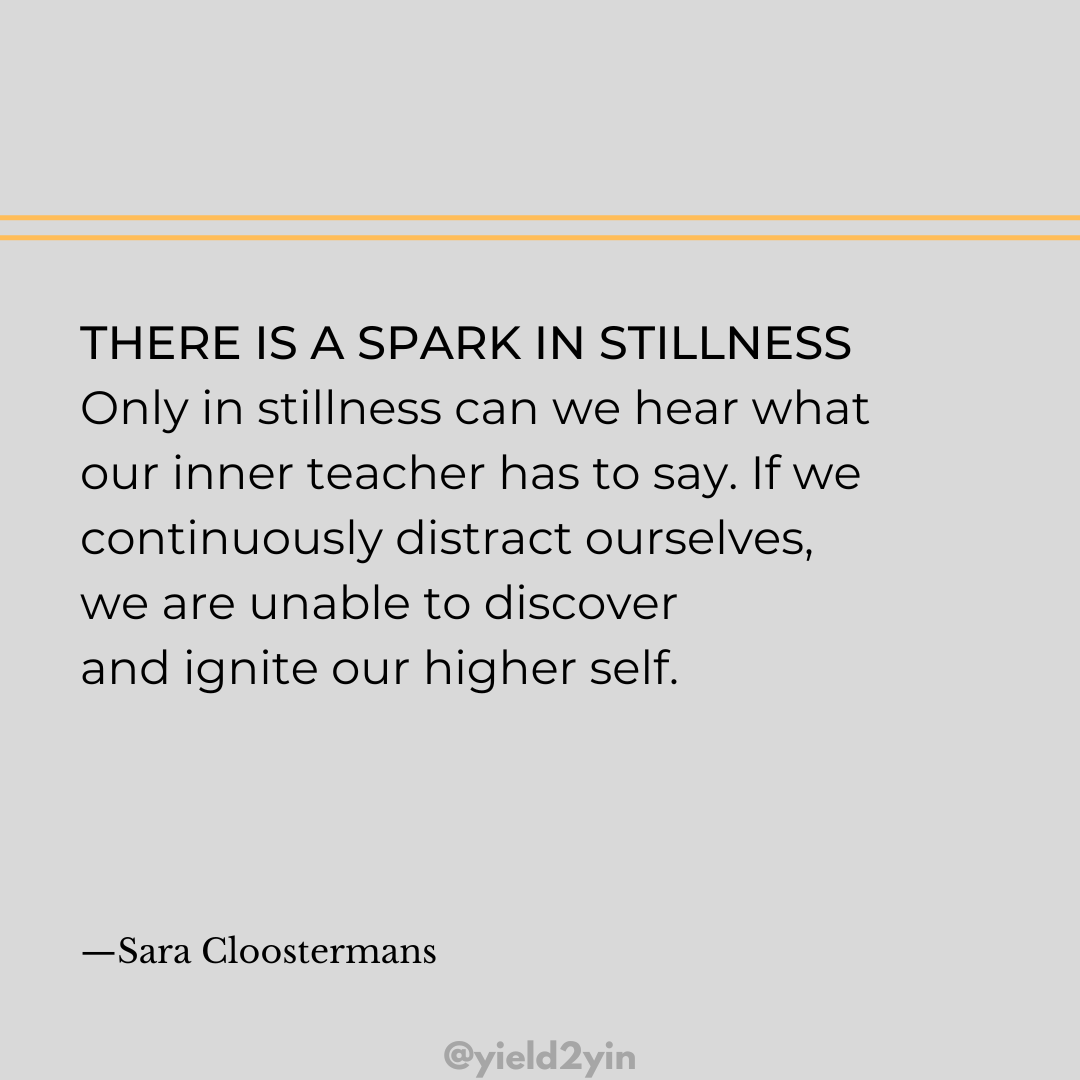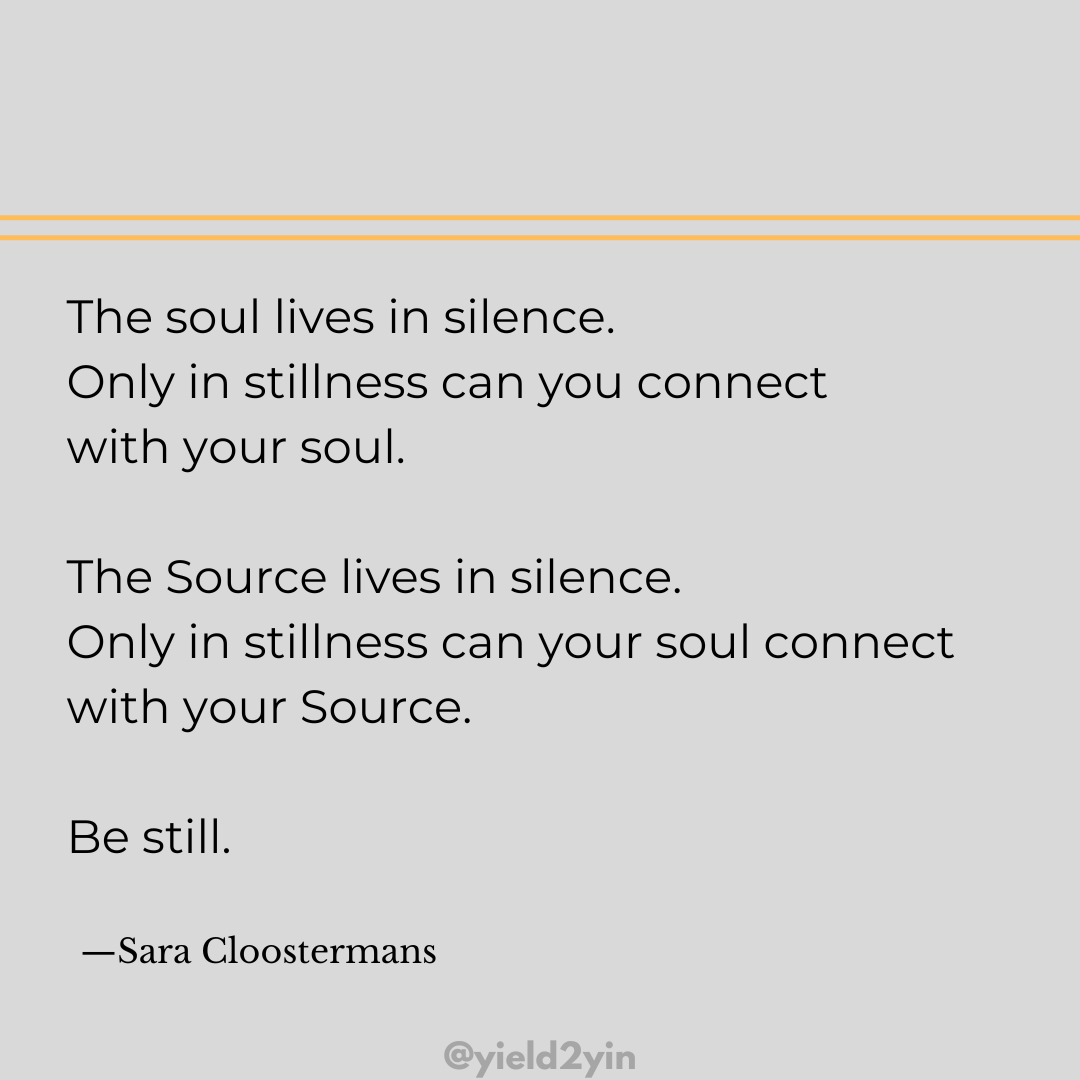We are a judgmental bunch when it comes to ranking the hard work of others. We look at a very specific set of metrics without considering any background information and start making pronouncements: he is such a hard worker, she is so productive, he is really lazy, she is a total couch potato.
When we see a “high-achieving” person who works ten hours a day to build a business, and still fits in time for exercise, meal prep, meditation, children, etc., we call them a hard worker. And that’s fair … they are working hard.
We look at somebody who’s been home all day on the couch and say “lazy.” But here’s the truth: they might be working just as hard, maybe even harder.
- “Person A” may be in great mental and physical health with a personality that thrives on staying busy. They may have resources to help them like a nanny or a cleaning service.
- “Person B” could be suffering from severe depression or a physical disability that makes walking back and forth to the bathroom the hardest task in the world. The act of taking a shower may have felt impossible—and they did it anyway.
The concept of hard work is relative. What is a person dealing with behind the scenes? What’s going on that we can’t see? What are their thoughts, their feelings? Do they have trauma triggers? Are they in physical pain?
No two humans and their sets of circumstances are ever alike, so comparing exertion and productivity is impossible.
…


